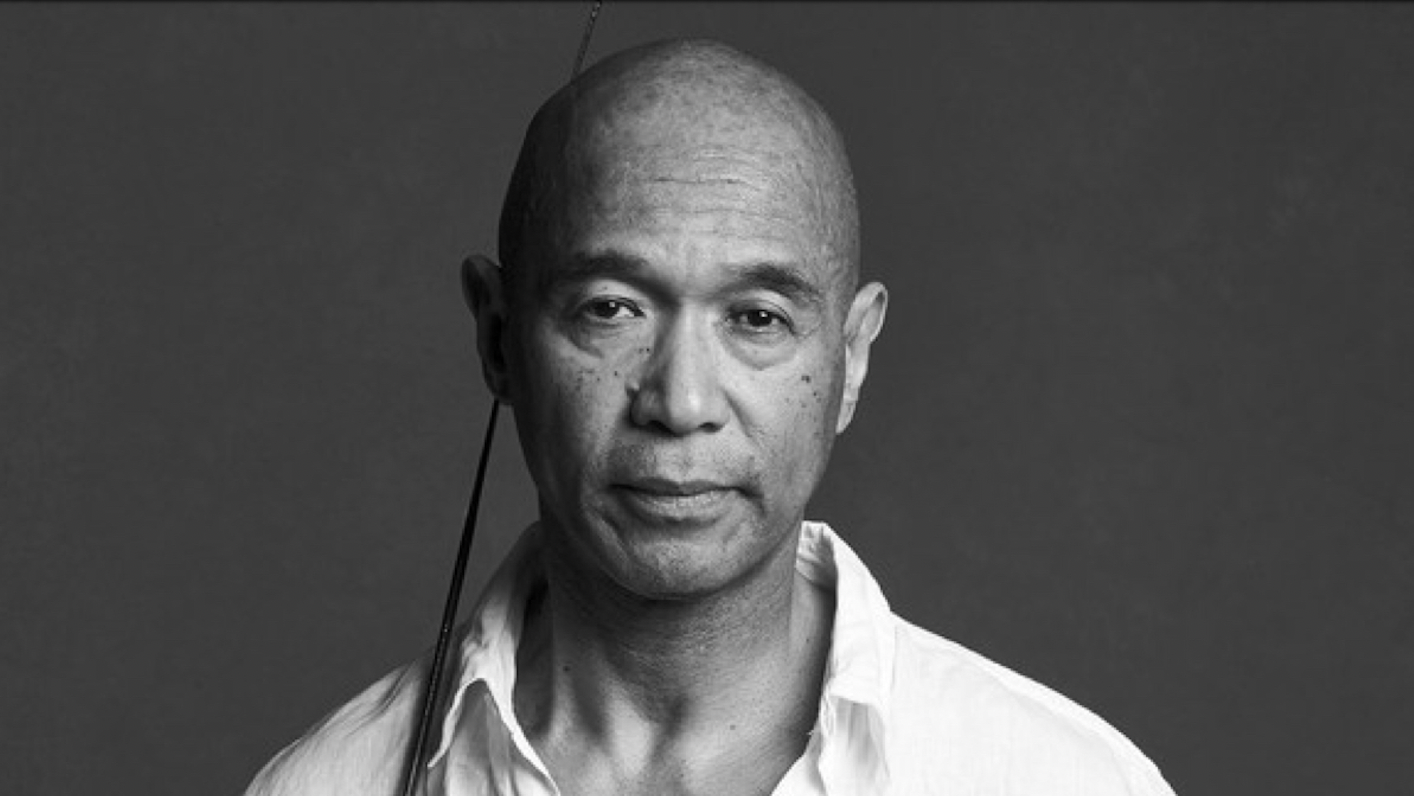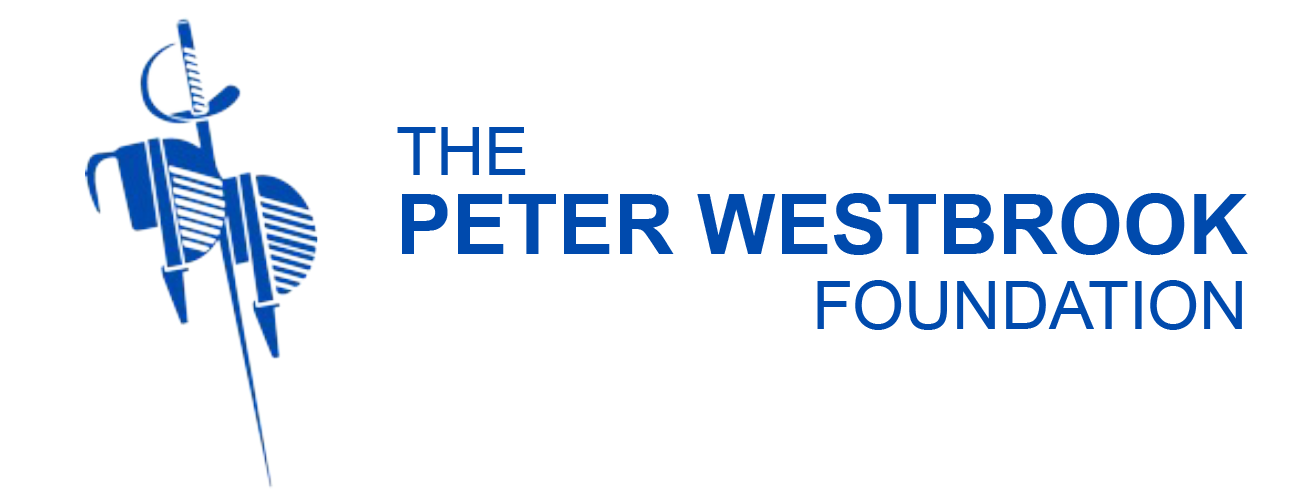
Peter Westbrook is a legendary fencer and history making winner of the bronze medal in the men’s saber event at the 1984 Olympics. He is the first African-American to win an Olympic fencing medal, and at the time, the 1st U.S. man in fencing to win an Olympic medal in 36 years.
“When I grew up, I didn’t have a lot of role models. Kids need role models. You can’t be what you can’t see.”
“At the Foundation, we strive to transform the lives of students, families and participants.”
Peter Westbrook is a legend among American fencers.
Early Life
Born in 1952 in St Louis, MO to an African-American father, Ulysses and a Japanese mother, Mariko, Peter Westbrook grew up in a housing project in Newark, NJ in a single parent home with his mother and sister. His parents met in Japan after World War II, while his father, a US Army corporal was stationed there. His mother came from a wealthy minority Catholic family with a long line of samurai in their history. His father had grown up poor in South Carolina with 7 brothers and sisters. His father left shortly after the family moved to Newark, and his mother, without any qualifications, struggled to support Peter and his sister on her own.
It was his mother, Mariko, who got him started in fencing. To get him off the harsh and violent streets of Newark, his mother offered him a $5 bribe to attend a fencing class after school, and $5 for every class he attended after that. In his book, Harnessing Anger, The Way of an American Fencer, Peter says that $5 was generous sum at the time, and he quickly dropped his resistance “to that strange white sport and started fencing immediately.”
It turned out that Peter was a natural fencing talent, and with good coaching at the Essex Catholic High School that he attended, he was soon the best high school fencer in New Jersey. Peter describes in his book that attending a predominantly white school made him feel like an outsider, but his fencing success “brought me a feeling of acceptance I never had before.” Fencing also gave Peter “goals and a sense of self-worth.”
Fencing
Peter’s fencing talent earned him a spot as a fencing recruit with a full scholarship to attend New York University, where he earned his BSc degree. While at NYU, Peter also trained at the Fencers’ Club with Csaba Elthes, considered to be the best saber coach in the US at the time. It was his hard work 7 days a week for 5 to 6 hours a day that won him his first national championship, and his first spot on the US Olympic team in 1976.
Peter competed at six Olympics, from 1976-96, missing only the 1980 boycott year, and won an individual sabre bronze medal at the 1984 Los Angeles Olympics to become the first American to win an Olympic fencing medal since 1960, and the first African-American to win an Olympic medal in the sport.
He won the U.S. National Individual Sabre Championship 13 times—1974–75, 1979–86, 1988–89, and 1995—an unparalleled record in U.S. fencing. And was a 7-time champion at the US Olympic Festival.
He also competed at the Pan American Games from 1975-95, winning 11 medals, including three golds, highlighted by the individual sabre golds in 1983 and 1995. He competed at 11 World Championships between 1974-91, with a best individual finish of eighth in 1989.
He was named to the United States Fencing Association Hall of Fame in 1996.
The Peter Westbrook Foundation
In 1991, Peter established The Peter Westbrook Foundation, an organization devoted to using fencing to help develop life skills in young people from underserved communities, especially among New York City’s lower- and moderate-income youths. It teaches young people good sportsmanship in addition to developing their critical thinking skills, strengthening their self-confidence, encouraging the maintenance of an active and healthy lifestyle, and supporting academic achievement.
Interview with Peter Westbrook
Peter Westbrook joins Emmy award-winning New York City journalist and founding president of The Women's Media Center, Carol Jenkins, to discuss the art and sport of fencing and how black athletes dominated several other sports at the Olympics in Rio. (Taped: 09/07/16)






